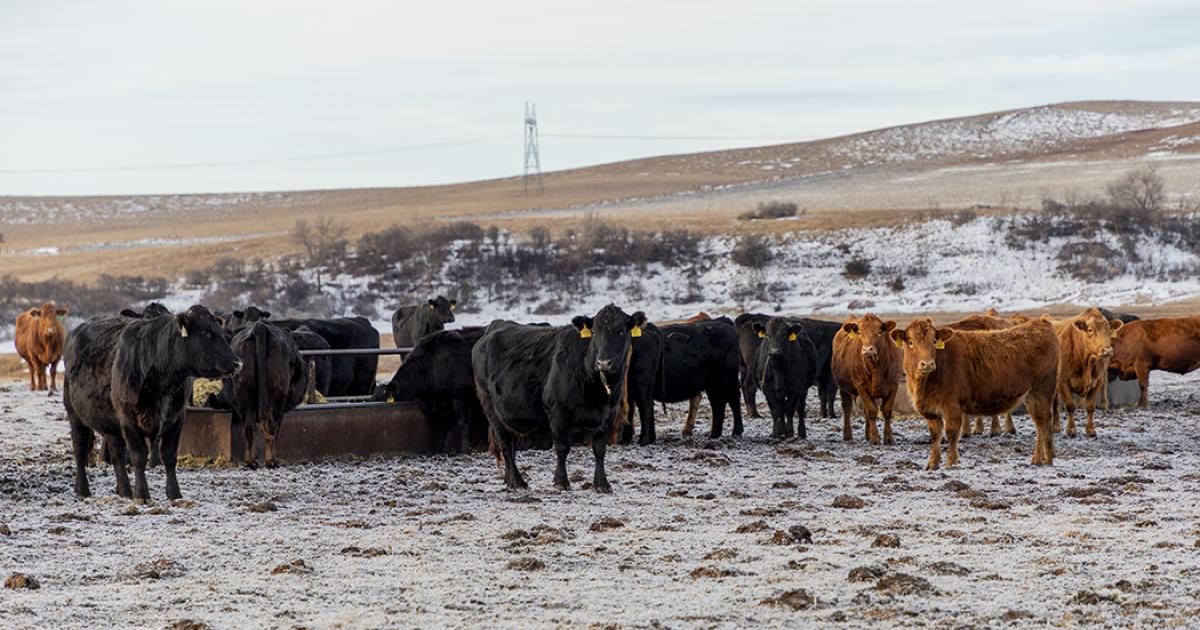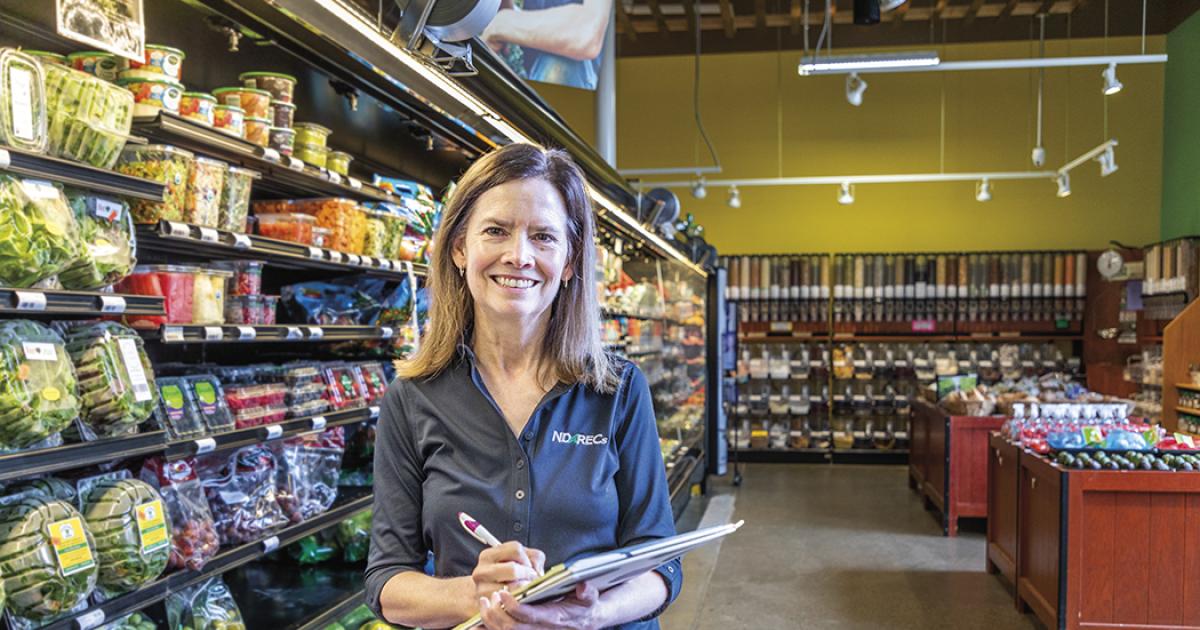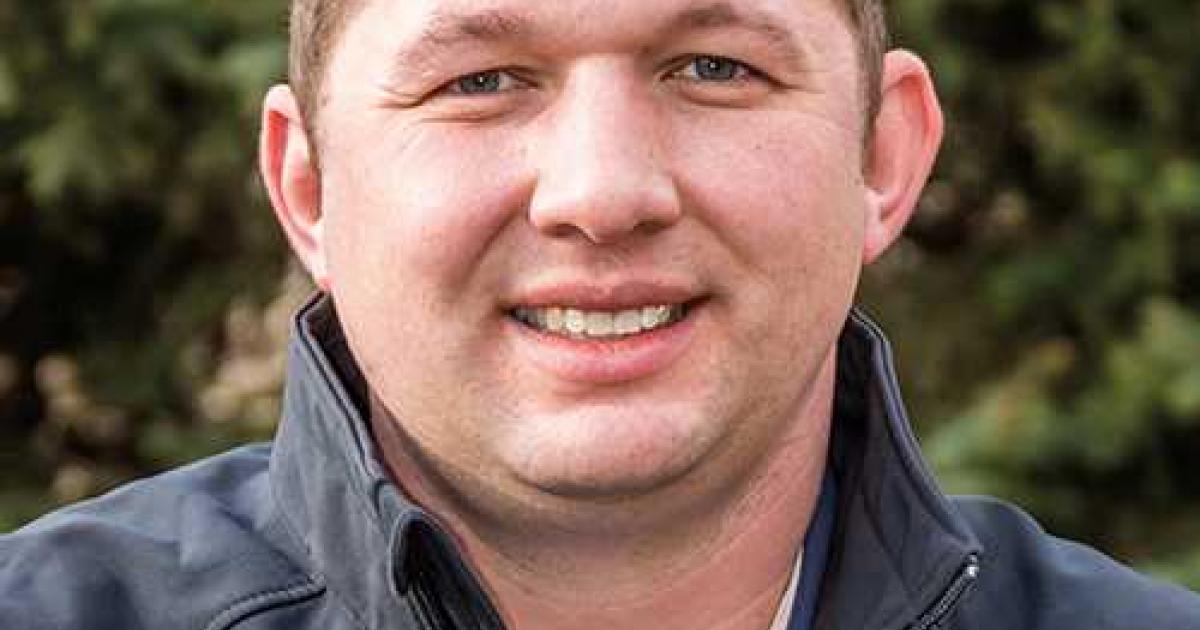What can other towns learn from Bowdon and its meat processing cooperative?
“It gets back to the basics of the game, the baseball analogy: Too many are shooting for the grand slam when they could be really focusing on these types of base hits,” says Ellen Huber, rural development services director for the North Dakota Association of Rural Electric Cooperatives (NDAREC). “Big things get all the attention, but this is an important incremental small business step a community was known for and made sure they could continue to stake their claim.”
Meat processing has developed into an emphasis area for NDAREC’s rural development arm, which has helped 11 communities secure financing to build, grow, expand or improve local meat processing capacity.
Last year, the Rural Development Finance Corporation (RDFC) – a nonprofit finance and development corporation whose member-owners include North Dakota’s electric and telecommunications cooperatives, NDAREC and the Broadband Association of North Dakota – received a $10 million grant through the U.S. Department of Agriculture’s Meat and Poultry Intermediary Lending Program (MPILP). These grant funds have been placed in a separate bank account with RDFC to start a separate revolving loan fund. MPILP funds will be loaned at a low interest rate to meat and poultry businesses looking to start, expand or operate a processing facility in North Dakota.
“We now have a dedicated fund for meat processing,” Huber says.
Once the intial funds have been loaned out and repaid, those dollars are considered “revolved.” Revolved funds can then be loaned to other projects within the food chain system – beyond meat processing. In the future, revolved funds could support a variety of food access projects, from processing and storage to distribution and transportation of food.
Having a dedicated food fund also frees RDFC’s $9 million revolving fund to support other rural initiatives, including ambulance, fire and small business, Huber says."
The RDFC MPILP program could help the Bowdon Meat Processing cooperative with the purchase of a new smoker, which the co-op board is considering. Huber’s team has about a half dozen inquiries in the pipeline.
“Most of them are existing facilities interested in enhancing their operations in some way,” Huber says.
Two MPILP loans have been made to date.
Kramlich-Deede Meats in Medina received a $160,000 RDFC MPILP loan to refinance a prior business loan at a lower interest rate and purchased equipment so it could become state inspected. New equipment included a semi auto tie clipper machine for faster packaging, an additional smoke truck and a standby generator.
The new owners of Yellowstone River Beef in Williston received a nearly $2 million RDFC MPILP loan to purchase the business, including the land, building and equipment. Two local couples, Calli and C.J. Thorne and Luke and Courtney Taylor, completed the purchase in May, with plans to shift the business from exporting to custom slaughter, along with wholesale and retail beef sales.
For more information on the RDFC MPILP loan program, contact NDAREC’s rural development center at 701-663-6501 or email ehuber@ndarec.com.
___
Cally Peterson is editor of North Dakota Living. She can be reached at cpeterson@ndarec.com.
CONCERN FOR COMMUNITY
Why do North Dakota’s electric and telecommunications cooperatives care about meat processing?
“It all stems back to that cooperative principle, concern for community,” says NDAREC Rural Development Services Director Ellen Huber. “With agriculture being such a strong part of North Dakota’s economy and heritage, it’s a way to help livestock producers process their livestock locally, and it helps the people who live here by connecting consumers to locally sourced, locally produced fresh meat products.”










